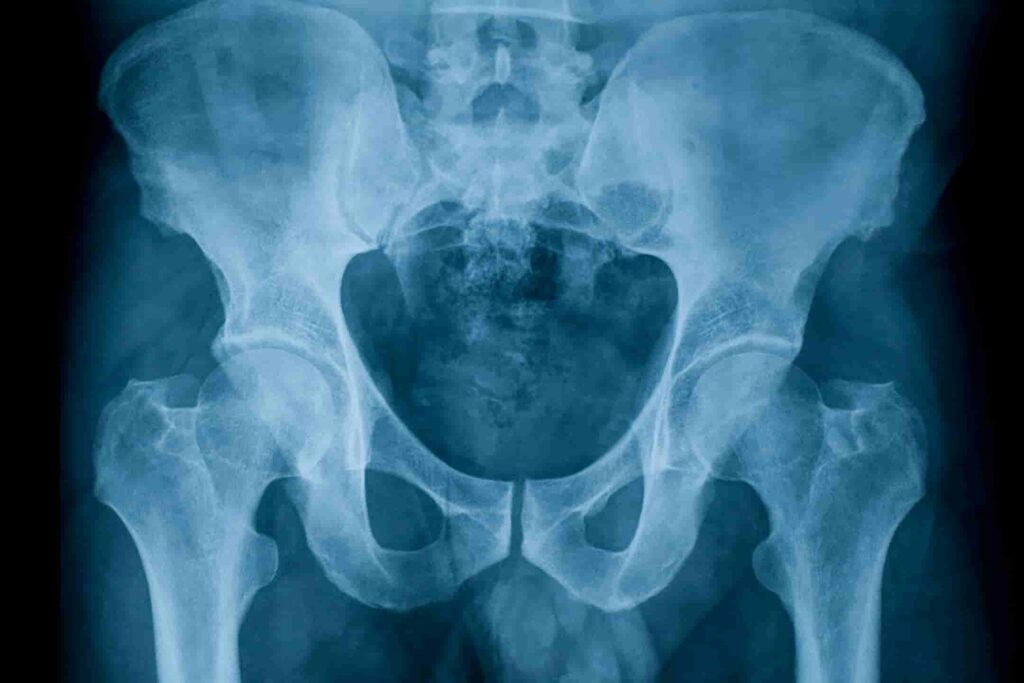Cannabis for Bones: Exploring its Role in Osteoporosis Management
Osteoporosis, a condition characterized by fragile and brittle bones, affects millions worldwide, particularly older adults. In this article, we delve into the intriguing intersection of medical cannabis and osteoporosis, uncovering its potential benefits and considerations.
- Introduction
Osteoporosis: Often dubbed the “silent disease,” osteoporosis silently weakens bones, increasing the risk of fractures and fractures that often go unnoticed until a bone breaks. As bones lose density and strength, everyday activities become perilous, leading to a decreased quality of life for sufferers.
Medical Cannabis: A versatile remedy derived from the Cannabis sativa plant, medical cannabis has gained attention for its therapeutic properties, ranging from pain relief to mood enhancement. As legalization spreads, researchers are exploring its potential applications in various medical conditions, including osteoporosis.
- Understanding Osteoporosis
Definition and Causes: Osteoporosis stems from an imbalance in bone remodeling, where bone resorption exceeds bone formation. Factors such as hormonal changes, inadequate nutrition, and genetic predispositions contribute to this imbalance, resulting in weakened bones prone to fractures.
Risk Factors: Age, gender (women are more susceptible), low body weight, smoking, and certain medications heighten the risk of developing osteoporosis. Understanding these risk factors is crucial for prevention and management strategies.
- Medical Cannabis: An Overview
What is medical cannabis?: Medical cannabis encompasses various components of the cannabis plant, including cannabinoids like THC and CBD, which interact with the body’s endocannabinoid system to exert therapeutic effects.
How does it work in the body?: Through its interaction with cannabinoid receptors, medical cannabis modulates pain perception, inflammation, and bone metabolism, offering a multifaceted approach to symptom management.
- The Relationship Between Medical Cannabis and Osteoporosis
Research Findings: Emerging research suggests cannabinoids possess osteogenic properties, promoting bone formation and inhibiting bone resorption. Studies in animal models and cell cultures have shown promising results, paving the way for human trials.
Mechanisms of Action: Cannabinoids exert their effects on bone cells through various pathways, including the regulation of osteoblast and osteoclast activity, inflammation modulation, and enhancement of bone healing processes.
- Benefits of Medical Cannabis for Osteoporosis Patients
Pain Management: Chronic pain is a common symptom of osteoporosis, significantly impacting patients’ daily lives. Medical cannabis offers a natural alternative to conventional pain medications, providing effective relief with fewer side effects.
Anti-inflammatory Properties: Inflammation plays a pivotal role in osteoporosis progression, exacerbating bone loss and pain. Cannabinoids possess potent anti-inflammatory properties, mitigating inflammation and potentially slowing disease progression.
- Potential Risks and Considerations
Side Effects: While generally well-tolerated, medical cannabis may cause adverse effects such as dizziness, dry mouth, and cognitive impairment. Understanding these potential side effects is essential for informed decision-making.
Drug Interactions: Medical cannabis can interact with certain medications, altering their effectiveness or increasing the risk of adverse reactions. Patients should consult with healthcare professionals to assess potential drug interactions before incorporating medical cannabis into their treatment regimen.
- Ways to Consume Medical Cannabis for Osteoporosis
Inhalation Methods: Inhalation through smoking or vaporization allows for rapid onset of effects, making it ideal for acute symptom management. However, concerns regarding lung health and dosing precision should be considered.
Edibles and Oils: Edibles and oils offer a discreet and convenient way to consume medical cannabis, with effects lasting longer than inhalation methods. Dosing consistency and delayed onset of action are important factors to consider when using these products.
- Conclusion
Recap of the Benefits and Considerations: Medical cannabis holds promise as a complementary therapy for osteoporosis, offering relief from pain and inflammation with relatively few adverse effects. However, patients should weigh the potential benefits against the risks and consult with healthcare professionals for personalized guidance.
Future Outlook and Potential Research Directions: As scientific interest in medical cannabis grows, further research is warranted to elucidate its mechanisms of action in osteoporosis and optimize its therapeutic potential. With continued exploration, medical cannabis may emerge as a valuable tool in the management of this debilitating condition.

Dr. Nicholas Marsh has been a respected board-certified anesthesiologist in Northern Virginia for over 35 years. Recognized as a top doctor by FindaTopDoc.com, his vision for providing top-quality medical services is driven by his passion for patient comfort and dignity.

